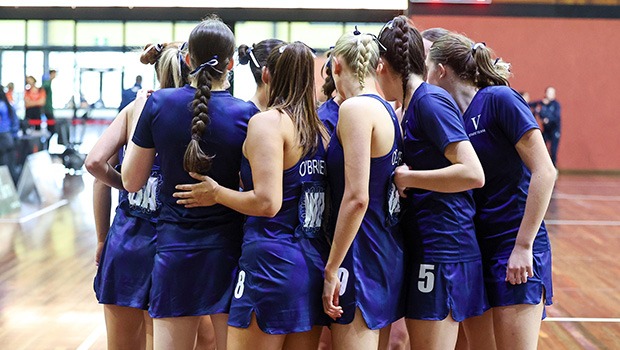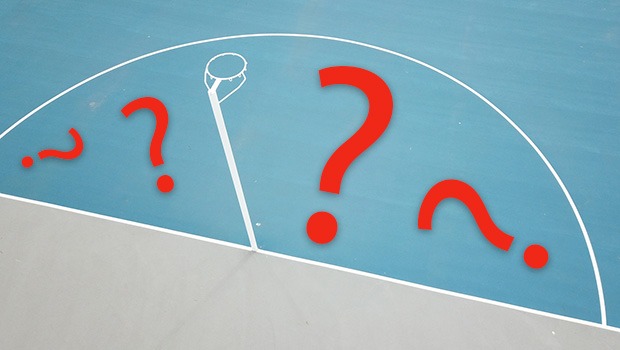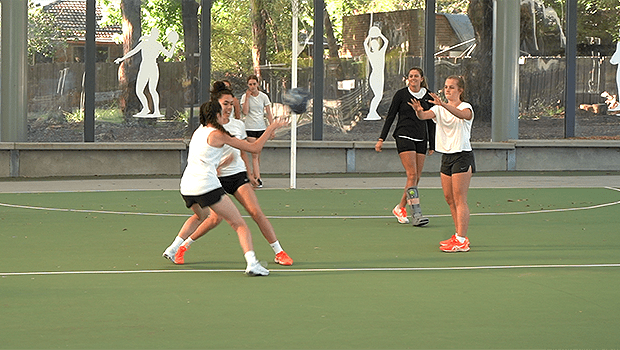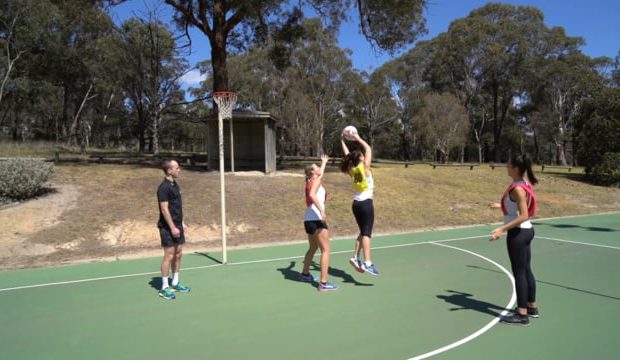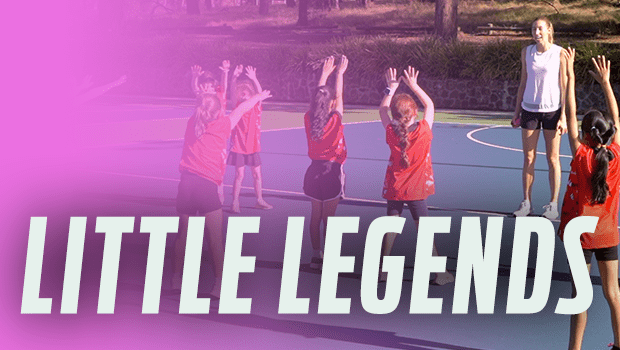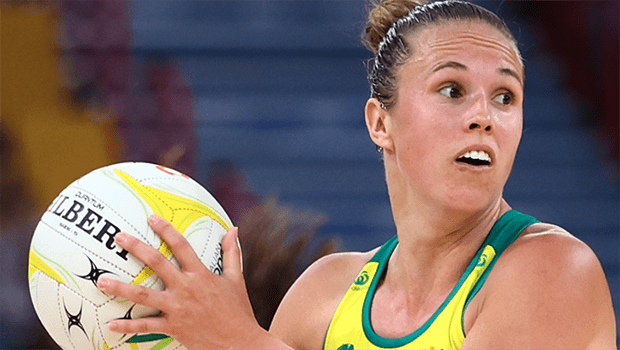When you’re coaching your netball team, do you ever take a moment to think back to when you were a player?
One of the things I often do when I’m planning or reviewing a session is put my “player goggles” on, and try to assess how I would view the session if I was one of the players participating in it.
And some of the worst sessions I can remember as a player were ones where there was so much talking and downtime and every repetition of a drill or structure was forensically examined, that I never came close to breaking a sweat. By the end of the session I had so much information dumped into my brain that I’d almost forgotten what we were working on in the first place.
It’s something we see netball coaches doing all the time: stopping their team after every single repetition, goal or error to explain to the players in extreme detail what’s just happened, and how they could do it better or differently next time.
NETBALL DRILLS: ACCESS MORE THAN 400 VIDEOS HERE!
“If this happens, do that. If that happens, do this. If you drive here and she drives there, make sure you think about what’s happening over here, but don’t move this way because you’ll end up clogging it up there, and blah blah blah.”
It’s a real trap, and given most players can only take in a couple of very short pieces of information before they’re overloaded, most of what you’ve just said is purely wasted breath.
Try these five strategies at your training sessions to avoid bombarding your players and ensure that as coaches we’re developing players’ ability to think for themselves, as well as play.
LET IT RIDE
Of course, players and teams need feedback. But do they need a constant barrage of it?
If your team doesn’t nail a skill or drill the first time, it’s probably because they’re getting used to the movement pattern and how it all works.
Let them learn by allowing them to run through a decent number of repetitions of that exercise, skill or drill before you stop them to provide feedback. There’s a good chance that if you let them work through it themselves, they’ll quickly figure it out and their level of understanding will be far greater than if you do all the thinking for them.
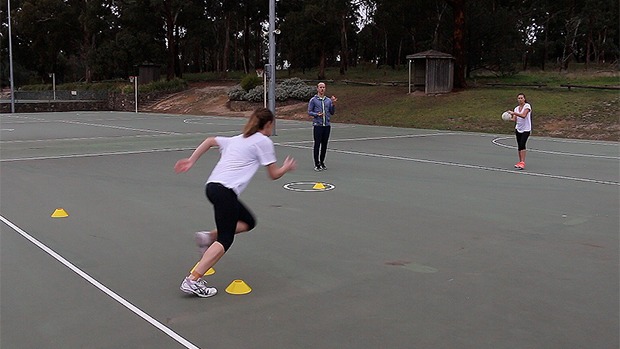
KEEP SOME INTENSITY
You’ve no doubt heard the term, “We train how we play”. It means your team is bringing match-like intensity to its training sessions, so that it’s not a huge step up for them – physically and mentally – on game day, and they’re better prepared for competition.
But if your team never works for more than 15 seconds at a time before you stop them to critique them at training, how will they ever be able to remain focused and learn to work through things themselves for 10-15 minutes at a time in a game?
And how will they run out quarters and full games if they’ve never elevated their heart rate or fatigued their legs at training?
So adjust your session accordingly. If you’re going to be coaching something quite technical that requires more feedback and downtime, plan some fitness and footwork for the first 30 minutes of your session, so that players have actually worked at a match intensity for at least some of it.
As a bonus, because they’ll now be fatigued they’ll start to learn how to remain focused within a game when they’re tired.
COACHABLE MOMENTS
If you’ve done a coaching course recently, you’ll no doubt have heard the term “coachable moments”.
Coachable moments are the moments in a training session when a player performs a skill in a way that provides a perfect opportunity for you to quickly step in and demonstrate how they could tweak it to improve it next time, or executes it almost perfectly, giving you the chance to highlight to that player and the rest of the team why they did it well and why it worked.
Look for those big moments to help accelerate your players’ learning and understanding, rather than coaching them through every step and every movement on every drill.
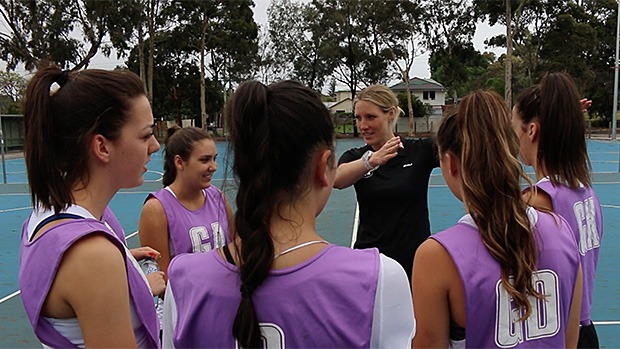
KEEP IT SIMPLE
Avoid trying to fix every last little thing at once. Your players are young and they’re not going to execute things perfectly every time.
Choose one area or skill to focus on and build your training session around it, so that players have a chance to develop that skill properly through repetition and can see tangible improvement within the same session, before you advance it or move onto something else in subsequent sessions.
EMPOWER THE PLAYERS
Who’s going to fix things when they’re not working in the middle of a quarter? Hint: it’s not you!
Though your players might be young, you’ll be surprised how observant they are and how well they understand the game.
The best teams are often the ones that can adjust and adapt as a unit on the fly within a game, so why not promote that at training?
Rather than you pulling them in and pointing out what’s just happened, how about getting the players to break it down themselves as a group or in their areas of the court after 4-5 repetitions, encouraging them to actually think about the game.
Or simply ask them questions, i.e. “where would we use this skill in a game?” or “who do you think might be the best option to pass to?”
The more you do it, the more the players will be aware that they need to be engaged and constantly thinking about the game that’s unfolding around them.
